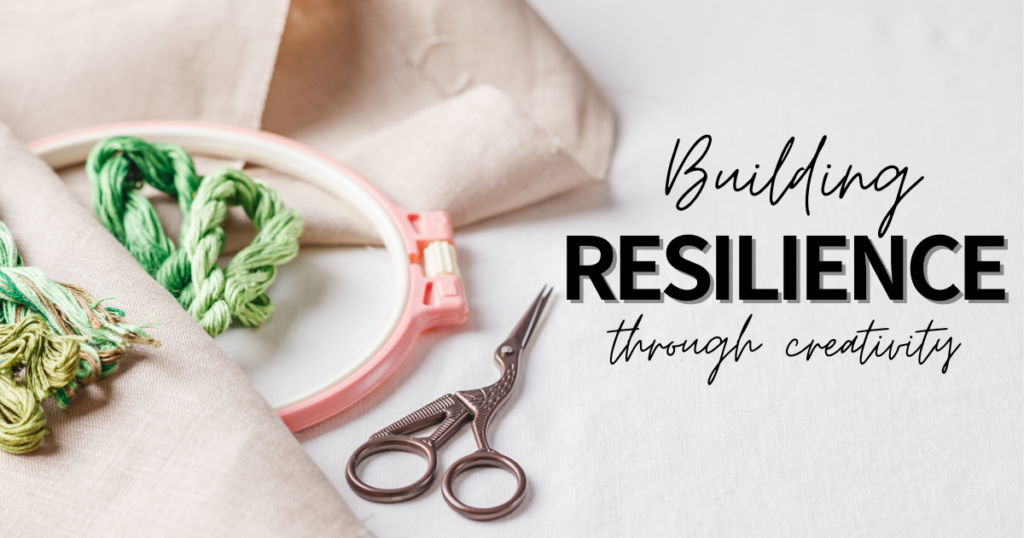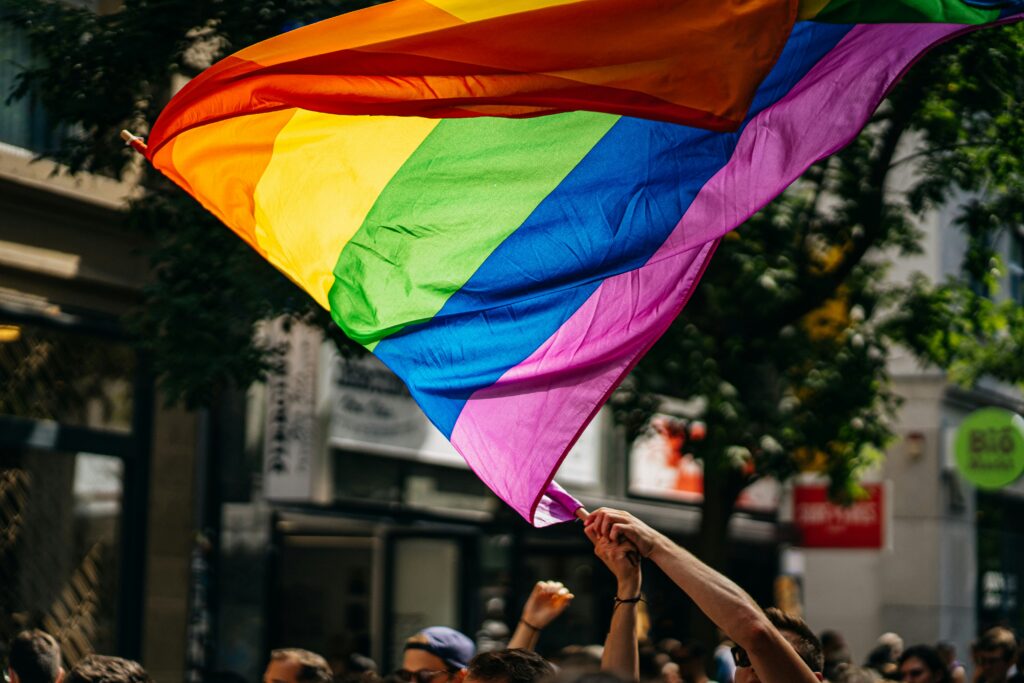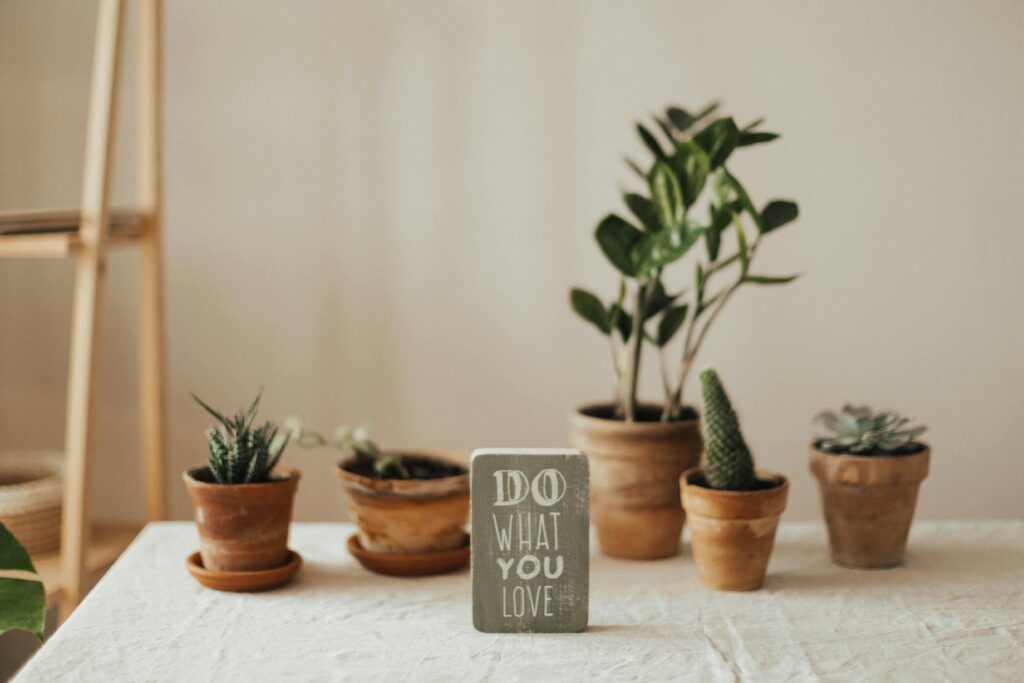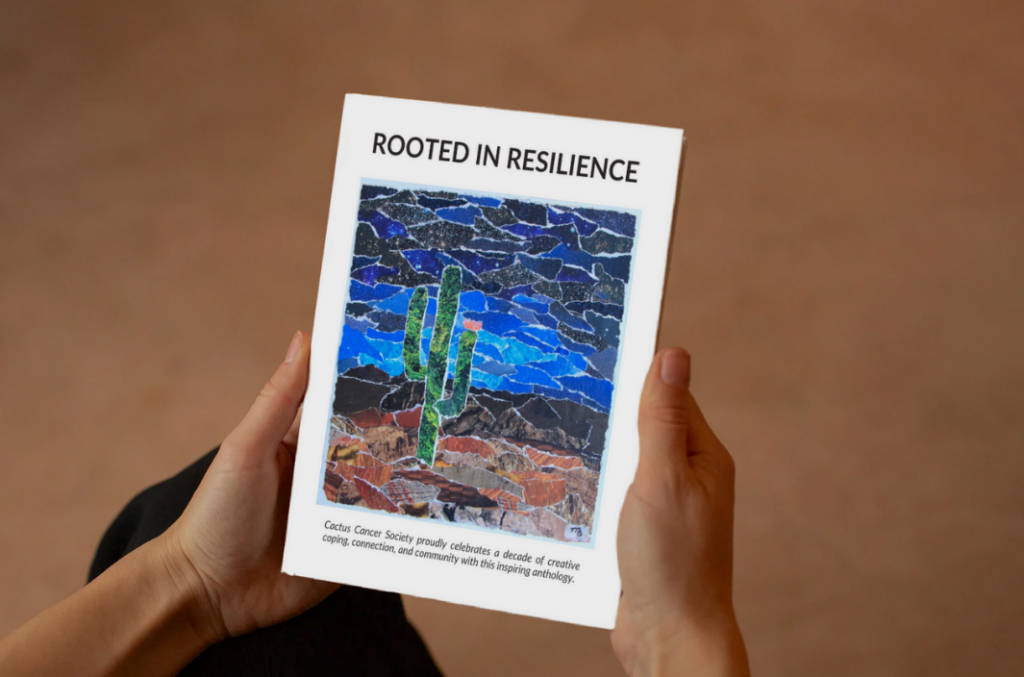The first time I remember experiencing grief we were visiting my grandfather in hospice. I was ten, he had prostate cancer, and we were there to say goodbye.
It was shocking to see how much he had changed. He looked small in the bed, with tubes running every which way. I loved being with him but it was hard to stomach the smells while processing what was happening. That night I slept over at my cousin’s house. She’s a couple of years older and after we painted our nails, I asked if she thought Grandpa was going to get better. She told me no and that he would die soon. I was angry. Tears ran down my face. He was important to me and we didn’t see him often because of my dad’s military career. I wished for him to get better, I wasn’t going to give up on him.
He died two weeks later. My dad went to Colorado by himself and when he got home, he looked tired. The oldest of four, he led his family, and ours, through grief. I was heartbroken that all my wishing had done nothing and even worse, my cousin was right.
Fast-forward twenty years, I found myself in my dad’s isolation room with a paper gown and mask on. The tubes running out of his bed weren’t as nauseating as I remembered them being with my grandfather. After previously having NHL, then MDS, my dad was needing a stem cell transplant to treat his newest diagnosis of AML. Various treatments and lots of blood transfusions bought us enough time for me to take my parents to Hawaii, for one last hoorah. When we got back, he was admitted to the hospital, for the most grueling five-month stay.
This time I was the oldest, guiding my family in decisions, being the voice of reason. I flew back and forth from Chicago and tried my best to help my mom. My dad kept his chin up, and I did too. This time, believing things had to work because his first grandchild was on the way.
The transplant went off without a hitch, and while it worked, the weeks afterward were horrible because of the side effects he experienced. I remember sitting in the chair by his bed as he was being helped out of the bathroom, asking how it was going. He looked me dead in the face, angrily responding, “How do you think it’s going?” I deserved that. Cancer had stolen my dad’s dignity.
The last time I saw my dad alive, he had been outpatient for a week, staying in an apartment near the hospital. Being able to travel in my third trimester was coming to a close but my dad was in a solid place. His humor and kindness had returned, and his apartment had a small balcony, which made a difference after not going outside for months. There was renewed hope and with weeks left before my due date, I could see the light at the end of the tunnel. We spent the day together, just talking out on the balcony.
When it was time for me to leave, I burst into tears. It felt uncomfortable knowing I wouldn’t see him for a bit, but when I came back, I would have his grandchild in my arms and the time away would be worth it. With a deep breath, I cautiously went back to Chicago.
Two weeks passed before my mom called to share that my dad wasn’t doing well and within seventy-two hours, he had gone from good numbers and a Pollyanna attitude to going home. He’d relapsed and was out of options. It was a blow to my mental health. The stress took a toll and I found myself in and out of the hospital, mentally wishing the baby out so my dad could meet her before his body failed him for the last time.
He died just over a week later. I’d spoken to him on the phone the night before, and I knew in my gut it was coming. I hated myself for not being home. The next morning my mom called and relief swept over. After months of begging the universe to just give us more time, the uncertainty was gone.
The baby came five days later after pretty much living at rock bottom in my head. She had arrived three weeks early, but I was grateful to not miss his funeral. Everyone was talking about how thankful they were for her and all I wanted was my dad there.
When things settled, my mom came to visit us often. She spoiled my daughter, and we took her on trips. It started as a distraction tactic but we loved seeing her experience new places with her grandchild. Travel helped fill some of the void my dad left.
A few years later and another positive pregnancy test, we were elated. There was going to be no stress, no insane travel regime to see a dying parent. We were basking in happiness and weren’t looking back. Two months into my pregnancy, my mom came to visit us. I was shocked when I picked her up at the airport. She was this yellow-orange color, including her eyes. She mentioned her stomach had been hurting but she had an appointment with her doctor when she got back.
Days later, she ended up in the ER and was convinced to go home to get tests done. A pancreatic cancer diagnosis came shortly after and it felt like the most screwed-up deja vu imaginable. The flashbacks from when my dad was sick were almost too much. This time had to end differently.
Six months later, we delivered another healthy baby. My mom was going through aggressive chemo and was frequently in the hospital to treat extreme side effects. She started getting blood clots and the day my water broke, she had a clot in her lung. I was grateful for Facetime and that she could see the baby, but inside I was furious. They got the tumor with clear margins, yet she was in the hospital constantly. Why couldn’t she catch a break?
When the baby was ten weeks old, COVID reared its ugly head, my mental health was tanking, and my mom was in the hospital after being found unconscious by her neighbor. I was too scared to get on a plane and the inability to find toilet paper seemed like the straw that could break this camel’s back. Her doctor called me, it was time to do the kind thing and stop treatment. Just as I was coming back from maternity leave, she moved in with us.
We got some support through at-home hospice care, but having healthcare workers come in and out of our apartment while COVID was rampant, juggling a newborn, a toddler, and managing work was an unbelievable load. For better or worse, my husband was furloughed from his job so he was able to be at home to help. We idly stood by watching COVID play out while my mom deteriorated before our eyes.
The last day she was alive, I was beyond frustrated. I was feeling the pressure of everything weighing on me. I was constantly late to the Zoom calls, telehealth appointments, and preschool classes. When we put the girls down for a nap in the afternoon, she would lay down too, and it was a blissful two hours when the apartment was quiet and I could silence the noise of all the stress that was blaring around me.
I walked past her room before getting on the computer, and the instant I saw her, I knew. The expression on her face wasn’t right and she was unresponsive. I spent the next ten minutes, holding her hand, telling her that the girls and I were going to be okay. She died shortly after. It was a normal day, with no signs that she was in any more distress than the days before. I had grossly overestimated how much time I had left with her and I was ashamed of how I had acted all day. And just like that, I was grieving another parent.
We got her back to Colorado and had a small funeral. We buried her with my dad, cleaned out her house, and tied loose strings. It was the quietest summer.
Both my parents died of cancer and their deaths couldn’t have been more different. But once again, people praised the presence of another baby. They said we were lucky we had her to help us look forward and they weren’t wrong, but what I wanted was more time with my parents.
15 months out and I’ve accepted their loss but the grief from navigating life without them is still a knot in my throat. I miss them, the most in times of triumph and defeat. I lean on my friends who were my superheroes last year. Grief math is still a prominent game I play in my head. How many holidays it’s been, how old my parents would be now, how long they would have been married.
The biggest lesson isn’t the cliche one that comes to mind. I won’t lecture on how life is short, carpe diem, or to always say I love you. I mean, duh. You can remind yourself to do that already. No, the lesson I’ve learned from all of this tremendous grief is to show yourself some freaking grace. Give credit that your loved ones know how you feel, that the appreciation you have is known, and that while you’ll always wish for more time, it’s okay that things were left where they were. Tomorrow isn’t promised, but don’t torture yourself because yesterday was cut short for someone in your life. It’s how I’ve learned to live with myself, what I tell my past self.
Be kind. Show yourself some grace.
This piece was originally published by Elephants and Tea, and was written by our very own Aerial Donovan. All of the posts written for Elephants and Tea are contributed by patients, survivors, caregivers, and loved ones dealing with cancer.







